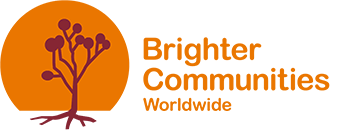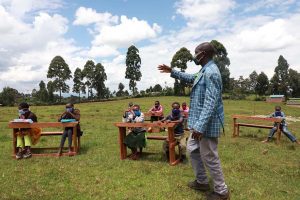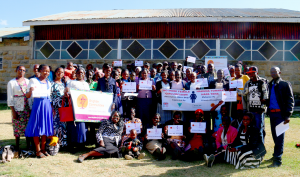The reduction of maternal mortality continues to be a worldwide priority in the alleviation of poverty. (Millennium Development Goals, WHO, Government of Kenya, Irish Government)
Many effective programmes have been introduced in South-East Asia and Central and South America. Sub-Saharan Africa continues to struggle with a very high maternal death rate – in some areas it still approximates a life-time risk for women of 1 in 16, confounded by the HIV/AIDS pandemic, poor water and sanitation, indifference to malaria control and lack of education opportunities for the girl child.
FOL adopted the RCOG/WHO Essential Obstetric Care – Life Saving Skills programme as its education syllabus for healthcare professionals for Maternal and Child Health in 2007 – it runs as an academic and skills-based 3-day course with a major focus on “training the trainers”, reflecting methodology used by advanced life support groups in Ireland, the UK and the USA.
Some instructors have had diverse experience as ALSO/MOET/NRP instructors. Others have facilitated through self-directed learning, previous course experience and skills drills. An application for accreditation has been submitted to the RCOG. FOL has developed a peer-education life-skills training program for use at community level over the past 6 years. Modules include Family Planning, Maternal Health and HIV/STI prevention.
It dovetails well with the Essential Obstetric Care programme – a change in birth behaviour is required in communities with the highest maternal mortality so that women may be supported by their family to seek skilled birth attendants for delivery. A combination of the two programmes is used with women identified locally as traditional birth attendants (TBA) or community health workers to improve the community response to peri-natal emergencies. All health projects are managed in cooperation with the District Medical Officer for Health and conform to Government of Kenya Health Policy.




